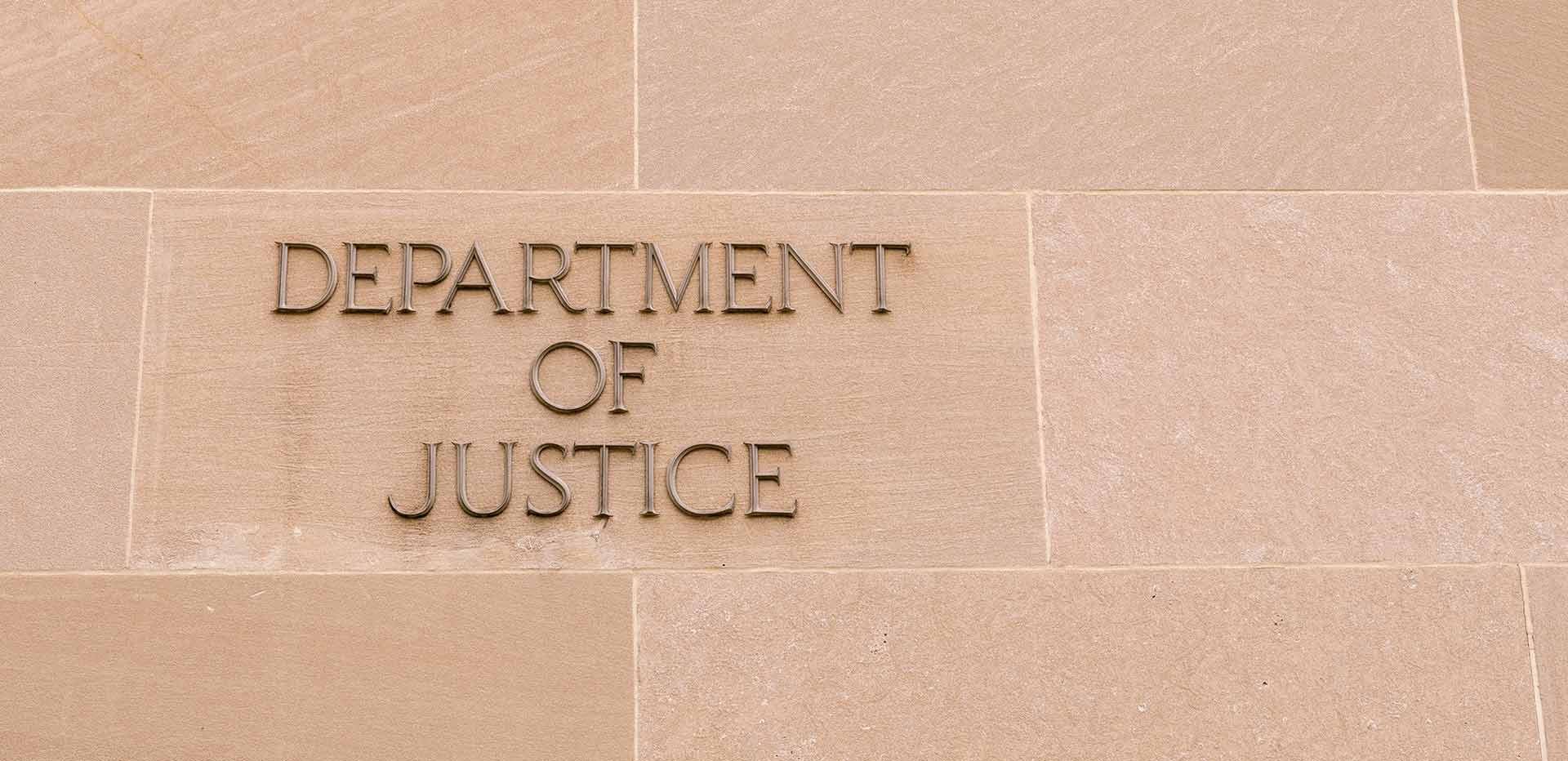
The American Economic Liberties Project, alongside a coalition of allied organizations, has made a significant move to end VeriSign Inc.’s longstanding monopoly over domain registration. Yesterday, they submitted two urgent letters, one to the National Telecommunications and Information Administration (NTIA) and another to the Department of Justice (DOJ), calling for action before the critical August 2nd deadline to halt the automatic renewal of VeriSign’s no-bid contract.
The coalition’s letter to the NTIA implores the agency to not renew VeriSign’s contract, which grants the company monopoly control over core internet domain names, most notably “.com.” This domain remains the most popular and trusted for businesses globally. The coalition argues for the introduction of a fair bidding process and the implementation of price caps to prevent undue cost increases.
In the letter to the DOJ, the coalition requests the withdrawal of the 2018 interagency guidance that allowed the Trump administration’s NTIA to remove contractual protections against price-gouging. Furthermore, they call for an investigation into VeriSign’s financial relationship with the Internet Corporation for Assigned Names and Numbers (ICANN), suggesting it could constitute a violation of antitrust laws.
“VeriSign is a prime example of an economic termite, and has used its government-approved monopoly over domains to hike prices with no justification for far too long,” stated Laurel Kilgour, Research Manager at the American Economic Liberties Project. “Thanks to its exclusive agreement with the NTIA, VeriSign has made a habit of paying kickbacks to ICANN in order to preserve its monopoly power and hike costs by 70% in the past two decades. Given the essential role of websites in today’s economy, domain name management should be opened up to a competitive bidding process and have reasonable guardrails to protect consumers. The NTIA can stop this blatant exploitation right now by scrapping VeriSign’s contract, and the DOJ should start an investigation to examine VeriSign’s relationship with ICANN for antitrust violations.”
The letters, co-signed by Demand Progress Education Fund and the Revolving Door Project, underscore the importance of awarding government contracts for essential internet infrastructure through open, competitive bidding processes. They emphasize that such contracts must include protections to safeguard consumers from price-gouging.
Source: Economic Liberties
Featured News
Big Tech Braces for Potential Changes Under a Second Trump Presidency
Nov 6, 2024 by
CPI
Trump’s Potential Shift in US Antitrust Policy Raises Questions for Big Tech and Mergers
Nov 6, 2024 by
CPI
EU Set to Fine Apple in First Major Enforcement of Digital Markets Act
Nov 5, 2024 by
CPI
Six Indicted in Federal Bid-Rigging Schemes Involving Government IT Contracts
Nov 5, 2024 by
CPI
Ireland Secures First €3 Billion Apple Tax Payment, Boosting Exchequer Funds
Nov 5, 2024 by
CPI
Antitrust Mix by CPI
Antitrust Chronicle® – Remedies Revisited
Oct 30, 2024 by
CPI
Fixing the Fix: Updating Policy on Merger Remedies
Oct 30, 2024 by
CPI
Methodology Matters: The 2017 FTC Remedies Study
Oct 30, 2024 by
CPI
U.S. v. AT&T: Five Lessons for Vertical Merger Enforcement
Oct 30, 2024 by
CPI
The Search for Antitrust Remedies in Tech Leads Beyond Antitrust
Oct 30, 2024 by
CPI